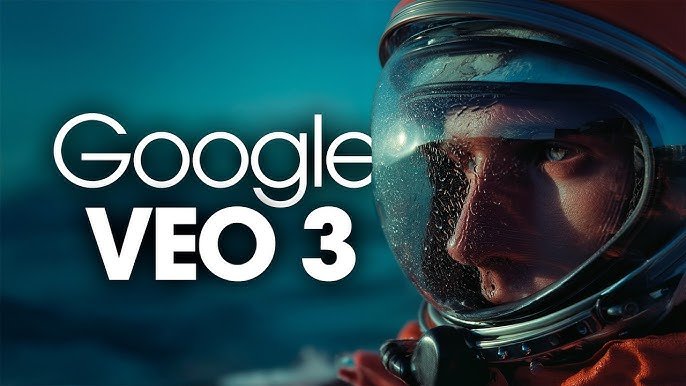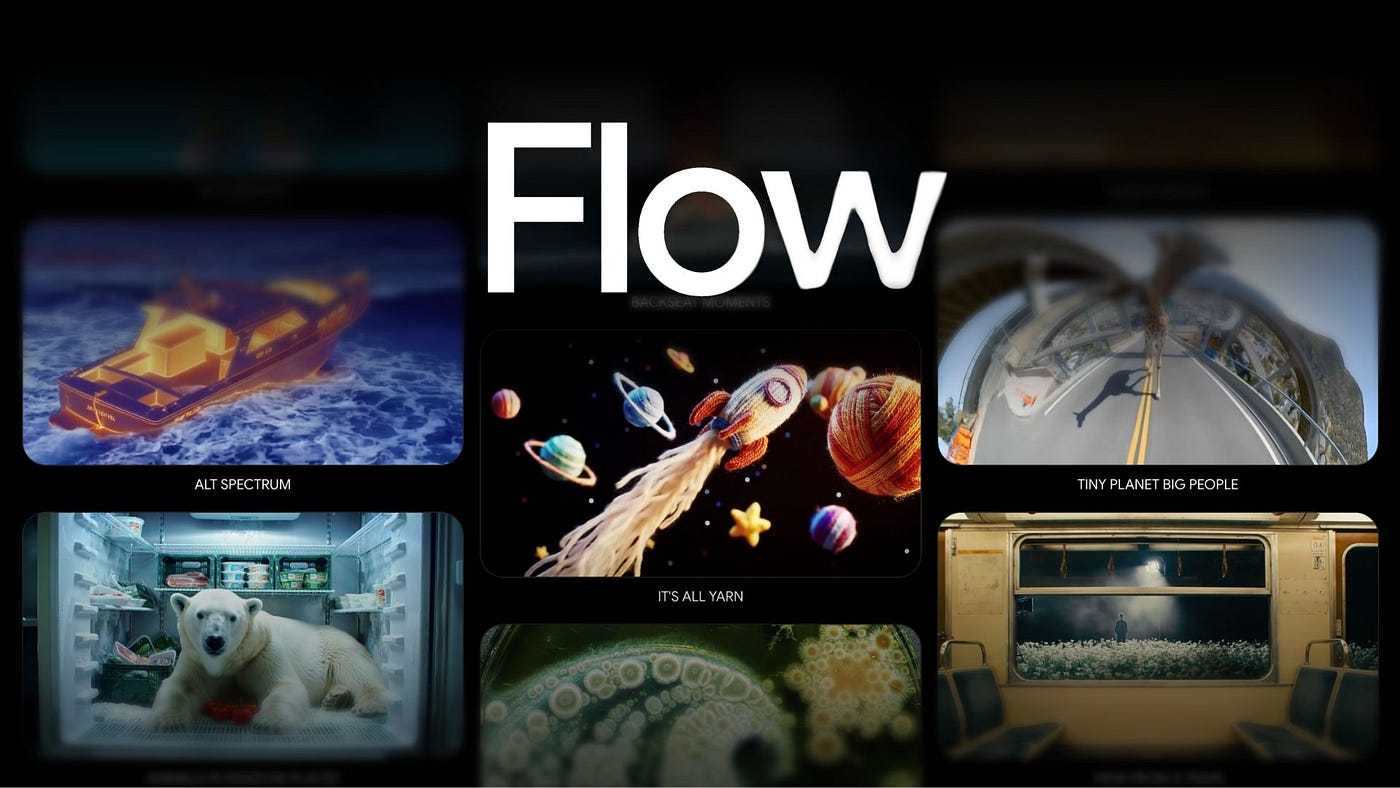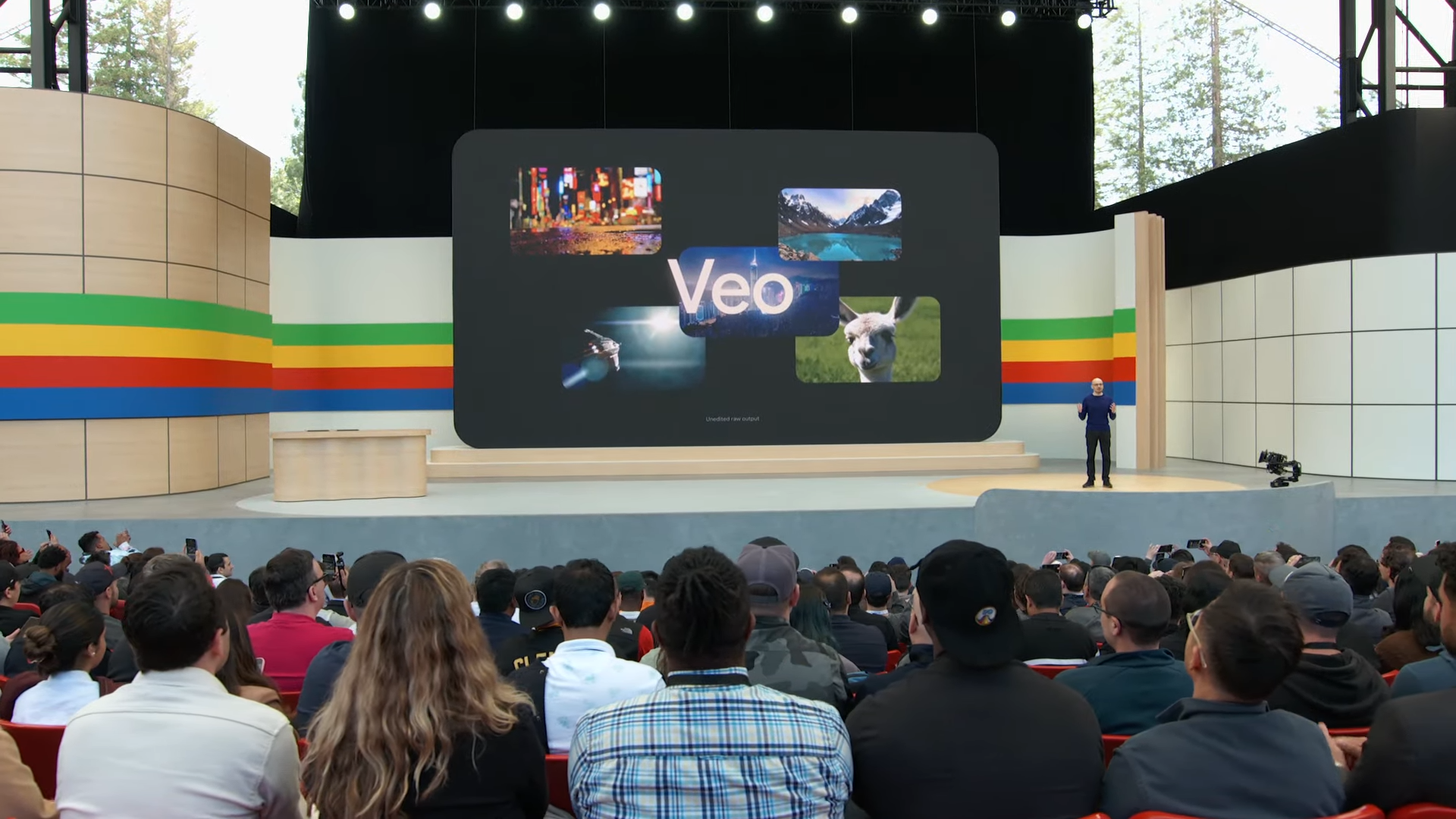Artificial intelligence is no longer a sci-fi concept in the world of filmmaking — it's here, and it's real.
With the release of Google’s Veo 3 and DeepMind’s Flow, AI is stepping into the director’s chair. These tools are redefining what’s possible in content creation, from generating photorealistic videos with a few words to assisting in real-time scene analysis and editing.
In this post, we’ll break down what these tools do, how they can supercharge creativity, and the serious risks filmmakers and content creators should be aware of.
🎥 What Is Google Veo 3?

Veo 3 is Google’s most advanced AI video generation model. Unveiled at Google I/O 2024, it creates high-quality, cinematic videos from simple text prompts — no camera crew, actors, or equipment needed.
🔑 Veo 3 Highlights:
4K text-to-video generation
Custom camera movements and scene transitions
Style matching (e.g., animation, time-lapse, noir, surrealism)
Ability to edit or extend existing videos with AI
Whether you're an indie filmmaker, a YouTuber, or a marketing team, Veo 3 gives you the power to visualize ideas at lightning speed.
💡 Want to try it? Veo 3 is currently available through Google’s VideoFX platform (waitlist access only for now).
🧠 What Is Google DeepMind’s Flow?

Flow is a real-time, multimodal AI system from DeepMind designed to act like an intelligent creative assistant. It can understand and respond to text, images, audio, and even ongoing conversations — making it ideal for complex creative workflows.
🛠️ What Flow Can Do:
Assist in scriptwriting and storytelling
Interpret visual and audio data to guide editing
Understand real-time scenes and provide feedback
Integrate with creative software and mobile apps
Flow helps creators collaborate with AI in real time, not just generate assets. It’s like having an assistant who knows your project inside and out.
🎬 The Possibilities: What AI Brings to Filmmaking

1. Faster, Cheaper Production
Cut down on crew, equipment, and post-production costs. What once took weeks can now be done in hours.
2. Accessible Creativity
You don’t need to be a pro to make something amazing. Anyone with an idea can start creating high-quality content.
3. Prototype Without Limits
Visualize multiple versions of a scene or idea before committing time or money to production.
4. Personalized Content at Scale
Create videos for niche audiences, localized markets, or hyper-specific interests — all with minimal effort.
⚠️ The Dangers: What We Need to Watch Out For

As with all powerful tools, there are serious ethical and creative risks:
🧑🎨 Job Loss in Creative Fields
AI could displace roles in animation, editing, VFX, and even directing if not managed responsibly.
📉 Creative Homogenization
Overreliance on AI might result in repetitive, formulaic content. Will human originality get drowned out?
🧠 Deepfakes & Misinformation
Advanced video generation makes it easier to create misleading or malicious content — from fake news to unauthorized likenesses.
📝 IP & Copyright Gray Areas
If an AI model was trained on copyrighted material, who owns the result? The creator? The model? The original artist?
🎯 Final Take: AI Is a Tool, Not a Replacement

AI won’t replace great storytellers — but it will replace creators who ignore it.
Veo 3 and Flow show us a glimpse of the future: one where humans and machines co-create stories, visuals, and experiences in ways we never imagined.
✅ Use AI to empower your creativity.
🚫 Don’t use it to cut corners or copy others.
🔍 Stay informed, stay ethical, and stay original.

Comments
Post a Comment